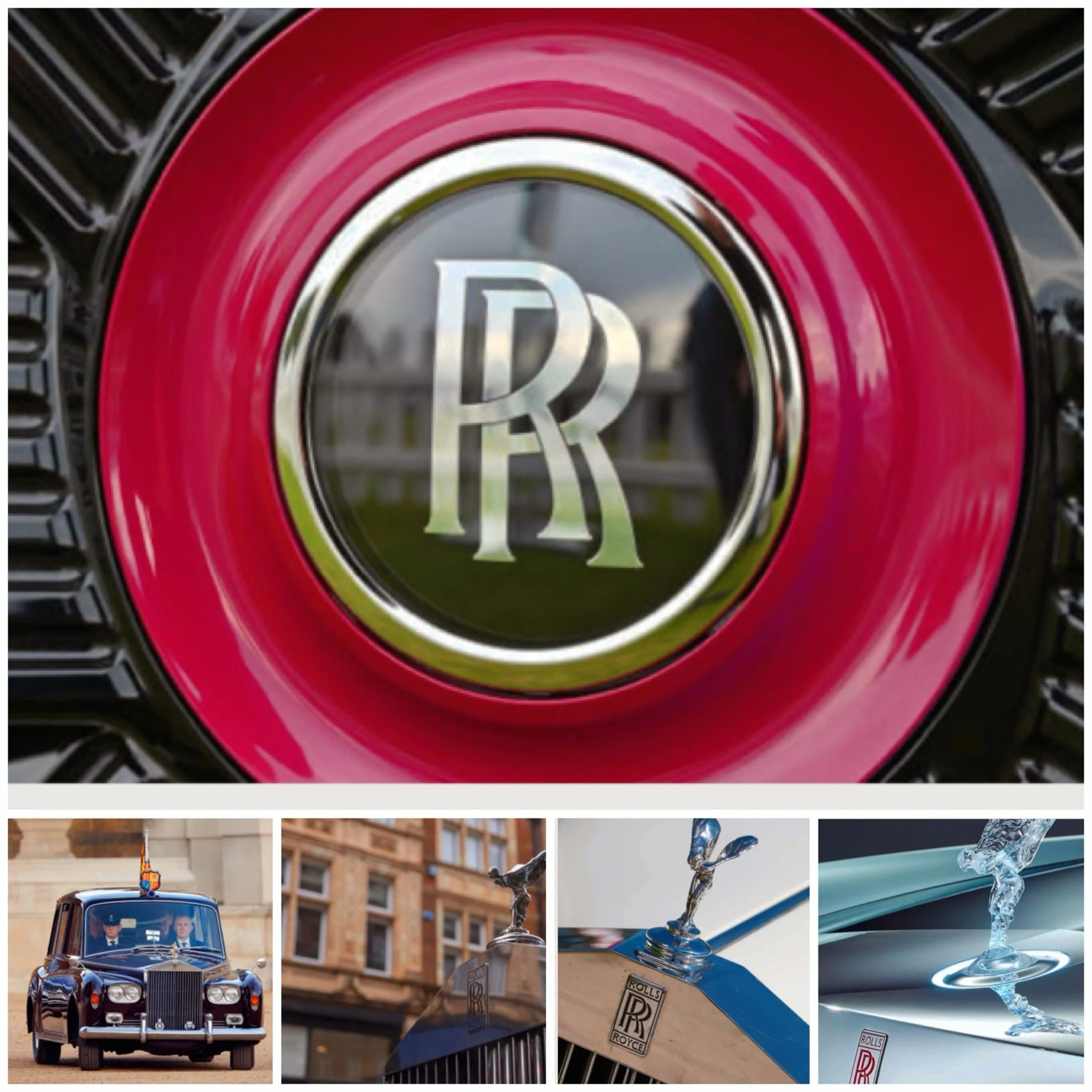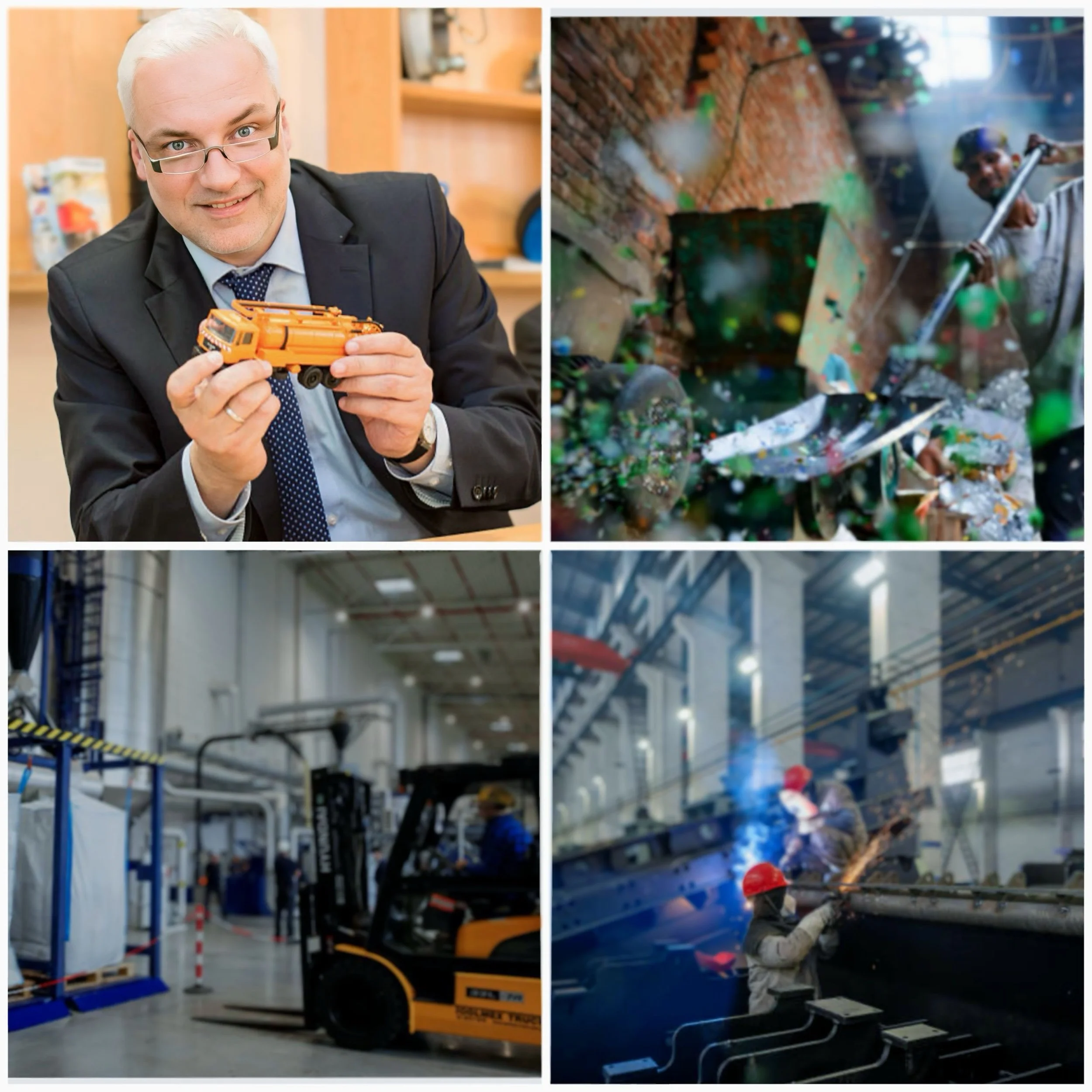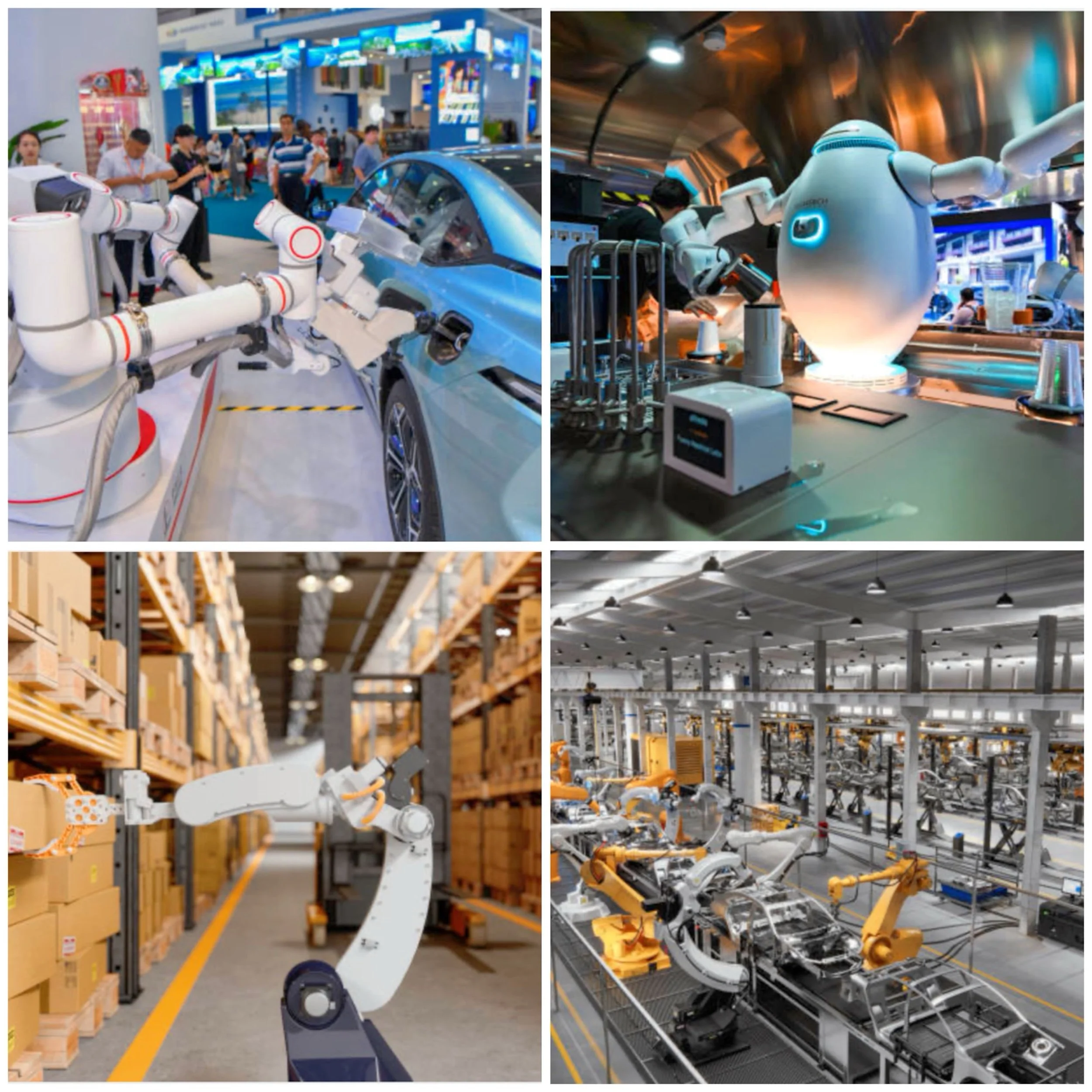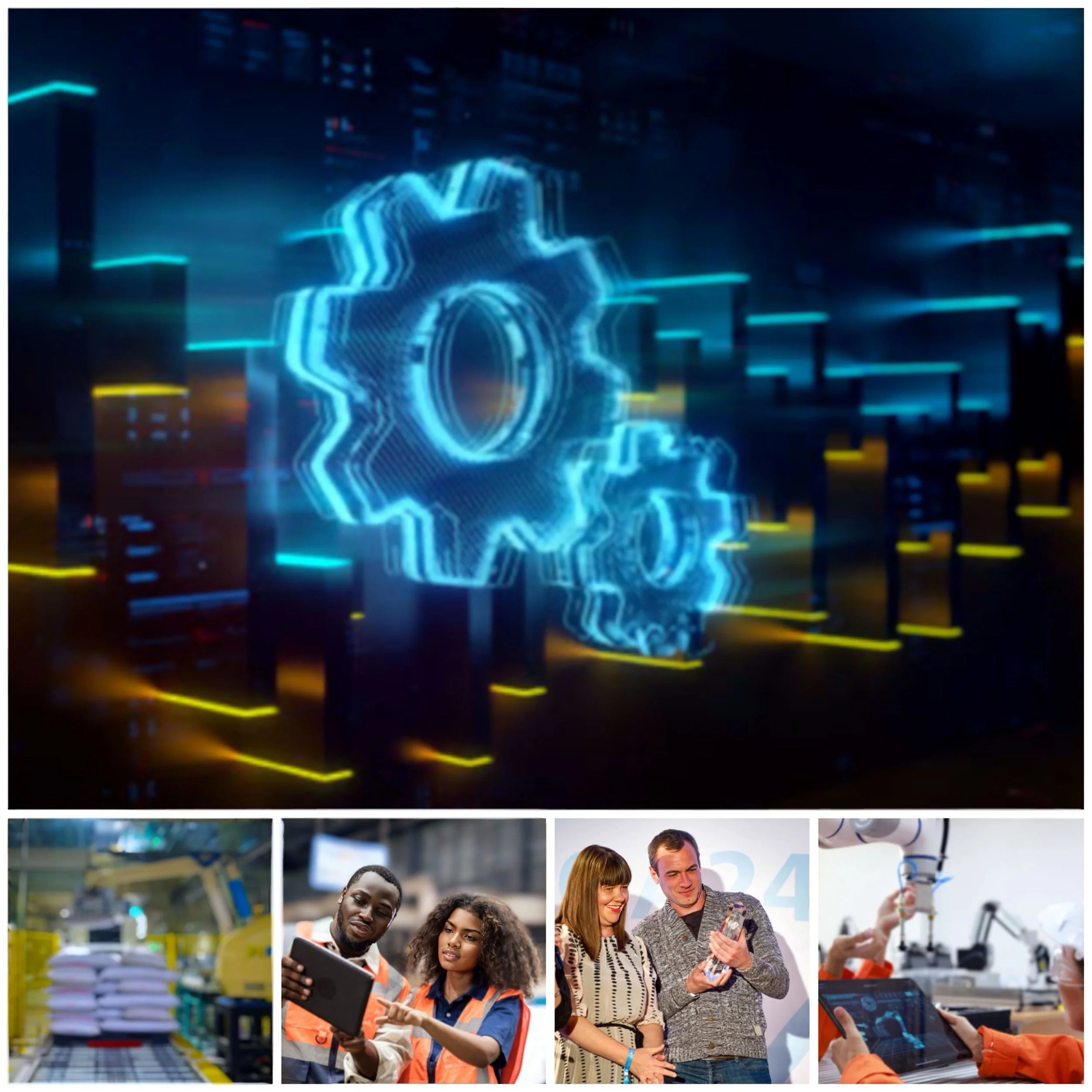What AI methodology Rolls Royce follow in manufacturing ?
Introduction
Rolls-Royce employs a comprehensive AI methodology in its manufacturing processes, leveraging various advanced technologies to optimize operations and enhance efficiency. Here are the key aspects of Rolls-Royce’s AI approach in manufacturing:
Data Integration and Analysis
Rolls-Royce utilizes AI to process and analyze vast amounts of data from diverse sources:
Engineering testing data
Simulation data
Manufacturing data
Operational data
This integration allows for a unified analysis of sourceable materials and manufacturing processes.
Machine Learning and Predictive Analytics
The company employs machine learning algorithms to:
Identify complex patterns in manufacturing data
Predict potential issues before they occur
Optimize engine efficiency and performance
Tailor preventative maintenance schedules
Digital Twin Technology
Rolls-Royce has developed sophisticated digital twin systems that:
Create virtual replicas of engines and components
Simulate entire product lifecycles in a digital environment
Enable real-time monitoring and predictive maintenance
Continuously improve product design and performance
AI-Powered Decision Support
The company uses AI-based enterprise digital twin systems to:
Develop complex forecasts for informed decision-making
Run multiple ‘what-if’ scenarios in rapid, large-scale simulations
Optimize asset lifecycle management
Quantify opportunities to improve service business performance
IoT Integration
Rolls-Royce incorporates IoT technology to:
Gather real-time data from sensors embedded in engines and components
Enable continuous monitoring of product health and performance
Facilitate predictive maintenance and reduce downtime
AI Ethics and Trustworthiness
Rolls-Royce has made breakthroughs in AI ethics and trustworthiness, which it plans to publish freely. This demonstrates their commitment to responsible AI use in manufacturing and other critical applications.
Conclusion
By implementing these AI methodologies, Rolls-Royce has achieved significant improvements in manufacturing efficiency, cost reduction, and product performance. For example, their use of AI enabled them to save £180 million on a single family of sourced products and reduce overall spending by 15%.






